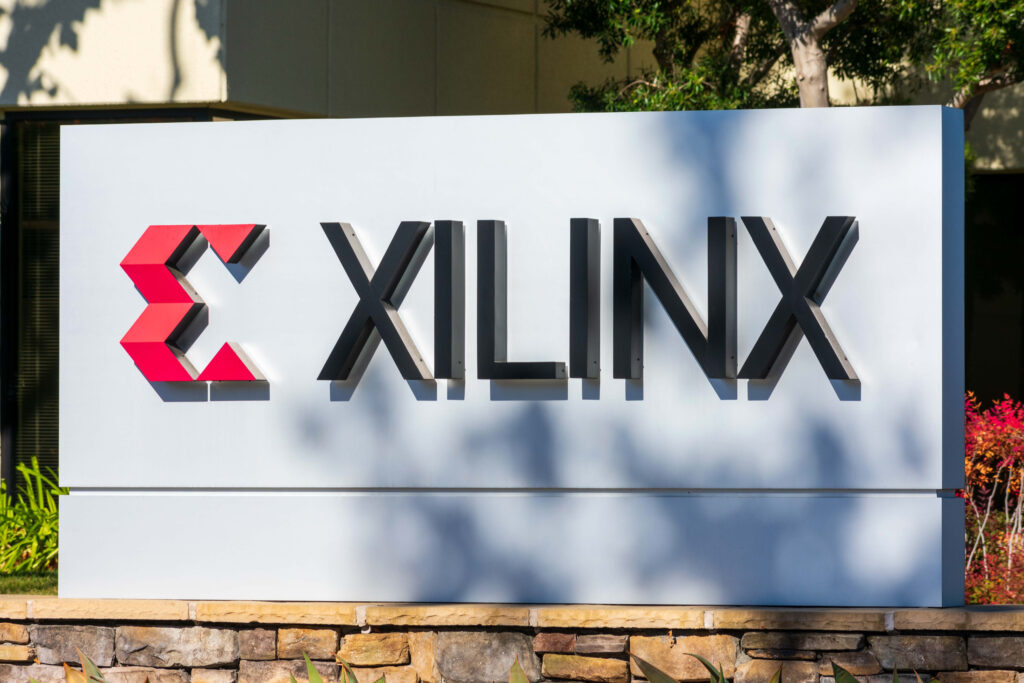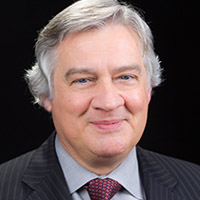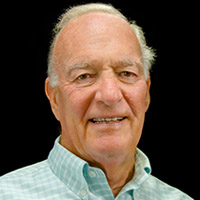Cost-Sharing Arrangements – Appeals Court Rules Against Xilinx

Cost-Sharing Arrangements – Appeals Court Rules Against Xilinx
Taxpayer loses the Xilinx Case (click this link to see the complete Ninth Circuit Court of Appeals Decision of 5/27/09) in the Court of Appeal on May 27, 2009.Subject to further appeal to the Supreme Court (which almost never happens with tax related cases), the tax benefits of a Qualified Cost-Sharing Arrangement have been reduced due to this decision requiring the sharing of stock option deductions with the off-shore Cost Sharing Participant – thereby reducing U.S tax deductions, and increasing the U.S. tax liability. A Qualified Cost Sharing Arrangement is complex stuff. But for the many high-tech companies that use this type of arrangement, this is big and unfortunate news that may lead to the need to file amended tax returns for prior years (open to the statute of limitations), or concede issues in their on-going tax audits for years related to this issue.More later as the tax community digests this decision.
UPDATE: 6/10/09
It has come to my attention, through fellow Silicon Valley tax professionals, that Xilinx is considering an appeal to the 9th Circuit Court of Appeals decision via an “En Banc” process, where the decision is reviewed by additional Appeals Court judges. I’m not a lawyer, so here’s a definition of this procedure at: http://www.techlawjournal.com/glossary/legal/enbanc.htm
After the En Banc review, either the taxpayer or the I.R.S. can further appeal the case to the U.S. Supreme Court. However, the Supreme Court may choose not to hear the case, and then the lower court decision is final.
I’m told the Supreme Court denied a hearing on three tax cases in the last year. However, many tax cases are small, simple disputes where the taxpayer just won’t give up until all their appeals are exhausted.
Some attorneys argue that the Appeals Court decision in Xilinx reverses 50 years of decisions consistently applying the “arm-length” standard to international transfer pricing issues. That would seem worth the Supreme Court’s time. We’ll just have to see if the case gets that far.
Tax Accounting
For tax accounting purposes, under FAS 109, the consensus I’ve heard is that any reserve that is deemed necessary as a result of this taxpayer loss in court (for taxpayers with similar facts and issues) is recorded and a debit to Additional Paid In Capital (“APIC”) for the unpaid tax and penalties accrued. The interest expense accrual is an income statement debit.
This treatment is consistent with FAS 109, which incorporated old APB 25, wherein any benefit booked for taxes related to stock option expense in prior years should have also been recorded to APIC (not the income statement) as the tax benefit is related to “equity” transactions. So, booking a reserve now, for the anticipated loss of that tax benefit (via an audit settlement or amended tax returns if the statue of limitations is not otherwise closed) to APIC is to reverse the previously recorded benefit makes sense. Please check with your GAAP auditor on this point.
I can always be reached for questions or comments at (510) 797-8661 x237.
We hope you found this article about “Cost-Sharing Arrangements – Appeals Court Rules Against Xilinx” helpful. If you have questions or need expert tax or family office advice that’s refreshingly objective (we never sell investments), please contact us or visit our Family office page or our website at www.GROCO.com. Unfortunately, we no longer give advice to other tax professionals gratis.
To receive our free newsletter, contact us here.
Subscribe our YouTube Channel for more updates.

Alan Olsen, is the Host of the American Dreams Show and the Managing Partner of GROCO.com. GROCO is a premier family office and tax advisory firm located in the San Francisco Bay area serving clients all over the world.
Alan L. Olsen, CPA, Wikipedia Bio

GROCO.com is a proud sponsor of The American Dreams Show.

The American Dreams show was the brainchild of Alan Olsen, CPA, MBA. It was originally created to fill a specific need; often inexperienced entrepreneurs lacked basic information about raising capital and how to successfully start a business.
Alan sincerely wanted to respond to the many requests from aspiring entrepreneurs asking for the information and introductions they needed. But he had to find a way to help in which his venture capital clients and friends would not mind.
The American Dreams show became the solution, first as a radio show and now with YouTube videos as well. Always respectful of interview guest’s time, he’s able to give access to individuals information and inspiration previously inaccessible to the first-time entrepreneurs who need it most.
They can listen to venture capitalists and successful business people explain first-hand, how they got to where they are, how to start a company, how to overcome challenges, how they see the future evolving, opportunities, work-life balance and so much more..
American Dreams discusses many topics from some of the world’s most successful individuals about their secrets to life’s success. Topics from guest have included:
Creating purpose in life / Building a foundation for their life / Solving problems / Finding fulfillment through philanthropy and service / Becoming self-reliant / Enhancing effective leadership / Balancing family and work…

MyPaths.com (Also sponsored by GROCO) provides free access to content and world-class entrepreneurs, influencers and thought leaders’ personal success stories. To help you find your path in life to true, sustainable success & happiness. It’s mission statement:
In an increasingly complex and difficult world, we hope to help you find your personal path in life and build a strong foundation by learning how others found success and happiness. True and sustainable success and happiness are different for each one of us but possible, often despite significant challenges.
Our mission at MyPaths.com is to provide resources and firsthand accounts of how others found their paths in life, so you can do the same.
Why Structure Is the Enemy of Innovation | Richard Dasher
About Richard Dasher Richard Dasher has been Director of the US-Asia Technology Management Center since 1994 and served concurrently as Executive Director of the Center for Integrated Systems since 1998. He holds Consulting Professor appointments in Electrical Engineering (technology management), Asian Languages (Japanese business), and at the GSB (with the Stanford Program on Regions…
Inspiring a Sustainable Future Through Storytelling | Rita Whitney
About Rita Whitney Rita joined the Board in June 2010 and serves on the Mission Fulfillment Committee. She is CEO of Ravivant LLC, a Board member of United States Fencing Association (Central California Division) and Executive Director of the Stanford Fencing Association. Having grown up in New York City, Rita observed many situations where…
What Venture Capitalists Want | Wally Hawley
About Wally Hawley Wally Hawley is a co-founder of InterWest Partners (1979), one of the larger venture capital partnerships in the United States, formed to make equity investments in diversified U.S. growth companies. His prior experience includes seven years as President of SHV North America Holding Corp., a wholly owned subsidiary of a Netherlands…
Venture Capital’s Role in Nuclear Science | Ray Rothrock
About Ray Rothrock As a venture capitalist for more than two decades, Ray has assisted entrepreneurs in achieving their dreams and produced outstanding financial returns for his limited partners. He has personally discovered, created and guided more than 50 companies in the Venrock portfolio through their early stages of formation and emerging growth. Beginning…




